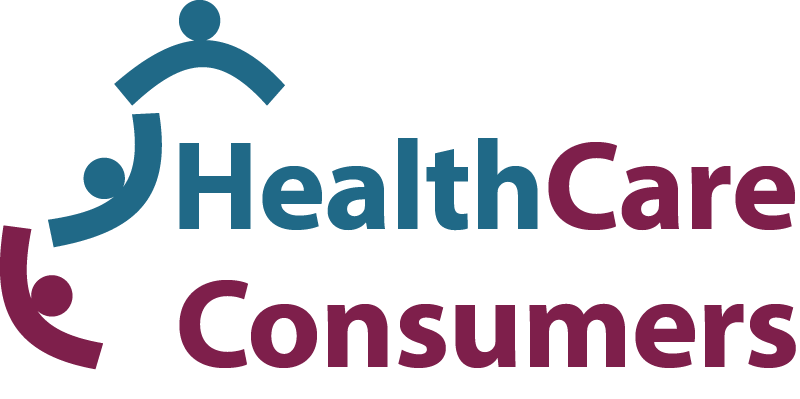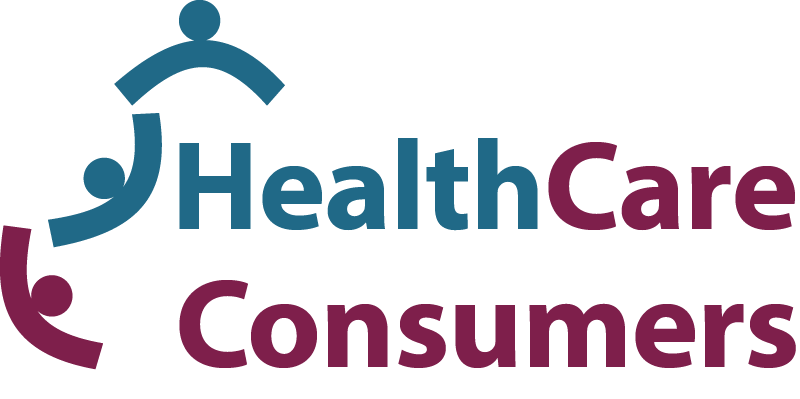Publications
Consumer Representatives Program Review: 2019-2023
Published: 2023
This Report shares findings from a 2023 internal review of the HCCA Consumer Representatives Program. It draws on a context scan, literature review, analysis of implementation of recommendations from past Program reviews, and interviews (n = 15) as well as surveys of consumer representatives (n = 24, a 66% response rate) and committee Chairs and Secretariats (n = 24, a 38% response rate).
The Report finds that at almost 25 years since establishment, the Consumer Representatives Program (CRP) is a mature, impactful, and well-regarded program.
Key strengths include:
- Consumer representatives report very high levels of satisfaction with the CRP.
- The CRP enjoys a reputation among health services and other requesting agencies for providing capable and knowledgeable consumer representatives.
- Consumer representatives, Chairs and Secretariats value the administrative and practical support the CRP provides.
- Consumer representatives, Chairs and Secretariats identify a range of tangible impacts that consumer representatives have on committee decisions and processes.
- The CRP supports consumers and health professionals to build relationships for consumer partnership, and to learn and gain skills and confidence in this area.
The CRP contributes to quality improvement and change in health care by delivering:
- Process outcomes (e.g. better design of health service initiatives and buildings)
- Community outcomes (e.g. audience-relevant consumer information resources, which in turn enable better community health literacy)
- Partnership outcomes (e.g. Chairs’, Secretariats’, and consumer representatives’ satisfaction with the quality of consumer partnerships)
- Empowerment outcomes (e.g. for consumer representatives who develop knowledge and skills in consumer advocacy).[i]
These four areas are recognised as key impact measures for consumer participation programs. The CRP is making a positive difference in each of them.
The issues that limit participating consumer representatives’ satisfaction with the CRP are related to the variable quality of opportunities to participate offered by health services and other requesting agencies. For consumer representatives, the issues include:
- Perceived tendency toward tokenistic engagement by some services, Chairs, and committees,
- Frustration with the slow pace of quality improvement and policy change, and
- The inherent limitations of committee processes.
These issues can lead to a sense of disillusionment for consumer representatives. Other challenges include:
- The difficulty of influencing health service processes and decisions as a sole consumer member of a committee.
- Variable quality administrative and secretariat support provided by health services and other requesting agencies.
- The shift to remote committee meetings during COVID-19, which has limited opportunities for committees to develop strong working relationships with consumer members.
Health services’ and professionals’ variable understandings and expectations of consumer representation presents additional challenges. In addition, requesting agencies appear to be seeking quite distinct consumer perspectives from the CRP, including:
- People with recent lived experience of specific services or health issues, and
- Highly skilled consumer representatives able to bring a broad understanding of consumer issues in health care along with negotiation and advocacy skills.
While this suggests a positive interest in diverse approaches to participation, the CRP may have a role to play in assisting health service personnel to clarify the aims of consumer participation in their specific areas, committees, and projects; and their expectations of the skills, knowledge, and contribution of consumer representatives.
There are also opportunities for the CRP to:
- Continue to deepen diversity in the pool of people taking on consumer representative roles, and
- Work with health service areas and leaders that want to implement good practice consumer participation, to identify and roll out models that are best suited to their specific needs – this should include considering how the CRP and consumers contributing to committees can connect with other approaches (for example time-limited consumer engagement opportunities) to ensure the strongest possible consumer contribution.
HCCA’s recent experiences of partnering with health services to support project-specific consumer advisory groups (e.g. in the Canberra Health Expansion Project and Paediatric Liaison and Navigation Service) are a promising model for wider use within health services.
Finally, there may be opportunities for Consumer Representatives to learn more about some aspects of health service delivery, including through enhanced induction and/or training.
To read the full report, please use the ‘Download Document’ button.

